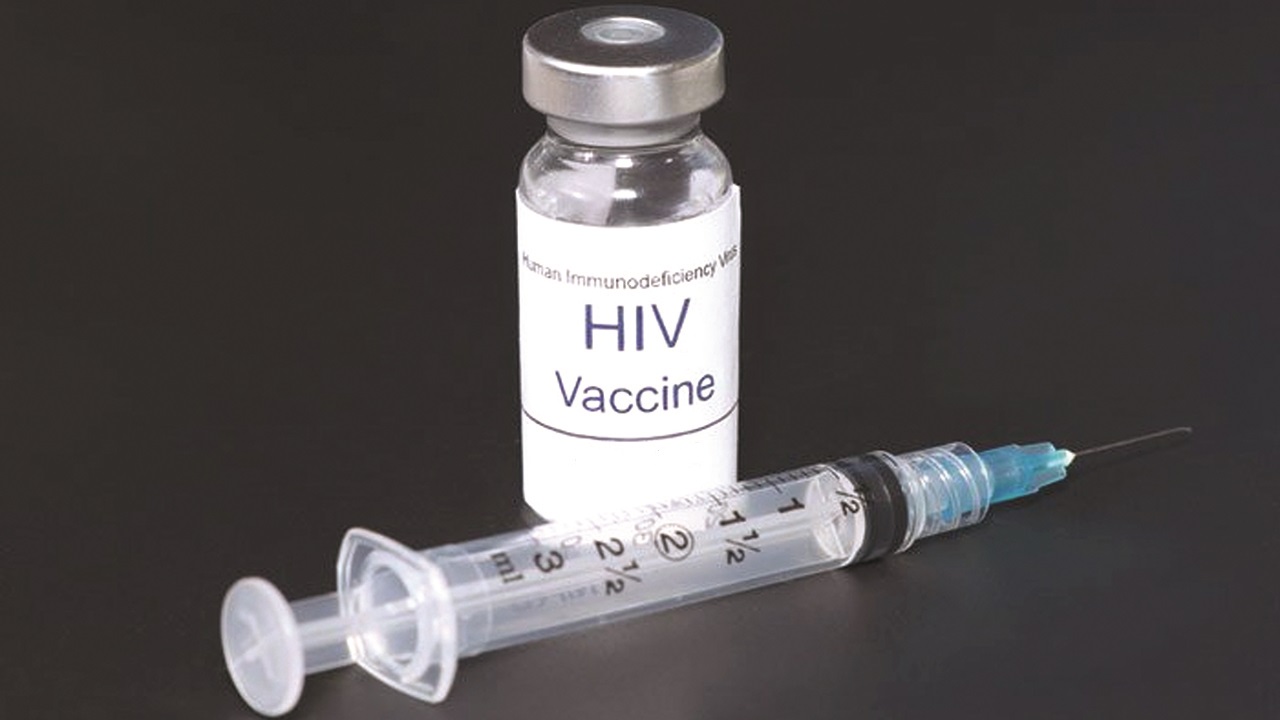RIO DE JANEIRO, BRAZIL – An HIV vaccine will be tested for the first time in Brazil and seven more countries in America and Europe in 2019.
The team behind these studies, which is part of the Mosaic Project, announced on
Tuesday, July 23rd, that it will test the vaccine in the U.S., Argentina, Brazil, Italy, Mexico, Peru, Poland, and Spain.
“The trials are expected to begin later this year and will include 3,800 volunteers from eight countries in North America, South America, and Europe,” Dutch scientist Hanneke Schuitemaker explained at a press conference.

The expert described the project’s next stages at the 10th Conference of the International AIDS Society on the Science of HIV (IAS 2019), which ended on Wednesday, July 24th, in Mexico City.
“Once we get the results from this stage of the project, we will add them to the previous Imbokodo, conducted on the African continent. We hope to be able to compile all the data within two years. The initial results of the Imbokodo are expected to be released by the end of 2021 and those of the Mosaic, which we hope to begin later this year, will be released in 2023.”
Worldwide testing
The research works with a vaccine concept developed from a “mosaic” of antigens. Immunization compresses a selection of HIV subtypes to induce immunological responses against most of the virus variations found in the world.
The subtypes are more or less prevalent according to geographical groupings: in the south of the African continent, the most present one is subtype C, while in Europe and the Americas, the virus of subtype B prevails.
Participants in this testing stage will receive an HIV prevention kit that includes access to
pre-exposure prophylaxis (PrEP) drugs in addition to the four doses of immunization.
Study target audience
Testing is focused on high-risk population groups. In the experiments in African territory, females received the vaccine.
According to the United Nations Agency for the Fight against AIDS (UNAIDS), they represent nearly sixty percent of cases of disease incidence in those countries. In Europe and the Americas, the profile differs.
According to the U.S. Center for Disease Control and Prevention (CDC), men who have sex with transgender men and women are among the high-risk population.
Individuals between the ages of eighteen and sixty will be administered the testing vaccine.
U.S. researcher Susan Buchbinder, responsible for the HIV Vaccine Testing Network (HVTN), remarked in a statement that this is an essential step towards the development of a safe and effective vaccine. “Men who have sex with transgender men and women can greatly benefit from a preventive HIV vaccine,” she stated.

